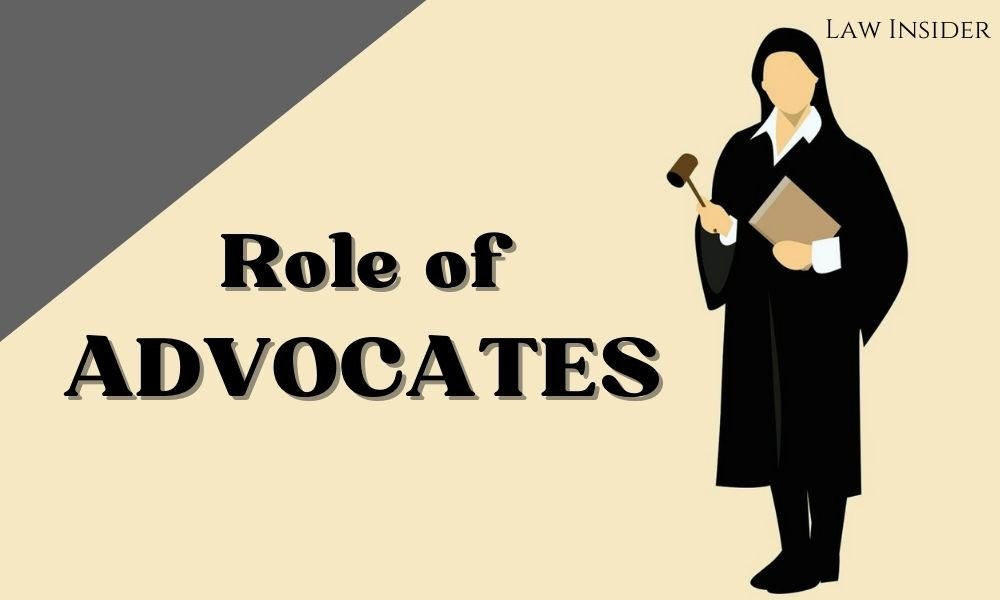Finding Your Voice: the World Best of Advocates
The legal system can feel like a labyrinth, a maze of legalese and procedures that leave even the most informed feeling lost. That’s where advocates step in – the champions who navigate these complexities on your behalf. But what exactly does an advocate do? Is it the same as a lawyer? And how do you know if this is the right career path for you?
The comprehensive guide was unravels the exciting world of advocates, using the Problem-Agitate-Solution (PAS) framework to provide a clear picture. We’ll explore the challenges individuals face within the legal system (Problem), showcase real-life case studies that highlight the advocate’s role (Agitate), and finally, delve into the diverse career paths and essential skills needed to thrive as an advocate (Solution).

The Problem: Feeling Lost in the Legal Maze
Imagine facing a legal issue – a contract dispute, a family law matter, or even a criminal accusation. The legalese, complex procedures, and unfamiliar courtroom setting can be overwhelming. Fear, uncertainty, and a sense of injustice often cloud judgment, making it difficult to represent yourself effectively.
This is where the problem lies. The average person lacks the legal expertise and experience to navigate the intricacies of the justice system. Deadlines can be missed, crucial evidence overlooked, and legal arguments poorly presented. This can lead to unfavorable outcomes, leaving individuals feeling unheard and their rights potentially compromised.
Case Study: The Advocate as a Steadfast Shield
Let’s consider Sarah, a single mother facing eviction from her apartment due to alleged lease violations. Feeling intimidated by the legalese and unfamiliar with tenant rights, she’s unsure how to proceed.
Enter David was passionate advocate specializing in housing law. He is listen patiently to Sarah’s concerns, dissecting the lease agreement and identifying potential discrepancies. David advocate was helps Sarah gather evidence to refute the alleged violations and prepares a strong case to present before the housing tribunal.
Throughout the process, David empowers Sarah. He explains legal jargon in clear terms, calms her anxieties, and ensures her voice is heard. This is the essence of an advocate’s role – to be a shield against legal complexities and a champion for their client’s rights.
The Agitation: More Than Just Legal Expertise
Advocacy goes beyond mere legal knowledge. While understanding the law is fundamental, a successful advocate possesses a unique blend of skills that make a real difference.
- Communication and Negotiation: The ability to articulate complex legal concepts in a clear and concise manner is paramount. Advocates must be persuasive negotiators, able to build rapport with opposing parties and advocate for a favorable outcome.
- Research and Analysis: Meticulous research is the backbone of a strong case. Advocates delve deep into legal precedents, case law, and relevant statutes to build a compelling argument.
- Client Management: Advocates act as trusted advisors, offering emotional support and guidance throughout the legal process. Building trust and maintaining open communication with clients are crucial skills.
- Critical Thinking and Problem-Solving: The legal landscape is dynamic, and unexpected challenges can arise. Advocates must be adept at critical thinking, capable of analyzing complex situations and formulating creative solutions.
The Solution: A Rewarding Career Path with Diverse Options

The world of advocacy a plethora of career paths. Let’s explore the some popular options:
- Litigators: These advocates represent clients in court, arguing cases before judges and juries. They possess strong courtroom presence, persuasive oratory skills, and a passion for courtroom battles.
- Transactional Lawyers: They work outside the courtroom, drafting contracts, negotiating deals, and ensuring legal compliance for businesses and individuals.
- Non-profit Advocates: Many advocates champion social justice through non-profit organizations. They work on issues like human rights, environmental protection, and advocating for the underprivileged.
- In-House Counsel: Large corporations often employ in-house advocates to handle legal matters internally, providing legal advice and ensuring adherence to regulations.
The path you choose depends on your interests and skillset. Thriving in any of these roles requires dedication, hard work, and a commitment to lifelong learning.
Becoming an Advocate: The Journey Begins Here
So, how do you embark on the rewarding journey of becoming an advocate? Here’s a roadmap:
- Education: Earn a bachelor’s degree, preferably in a relevant field like law, political science, or criminal justice. Proceed to law school and obtain a Juris Doctor (JD) degree.
- Bar Exam: Successfully passing the bar exam in your chosen jurisdiction is a mandatory step to practice law.
- Experience: Build practical experience through internships, clerkships, or volunteer work with legal aid organizations.
Tips for Success
- Networking: Build relationships with other lawyers, judges, and legal professionals.
- Specialization: Focusing on a specific area of law can enhance your expertise.
- Technology: Utilize legal software and technology to improve efficiency.
- Client focus: Building strong relationships with clients is essential.
- Continuous learning: Stay updated with legal developments through CLE and self-study.
Conclusion

Becoming is advocate requires dedication, hard work, and a passion for justice. the steps outlined in this guide and developing the necessary skills, you can embark on a fulfilling career in law.
Additional Resources:
- Bar Council of India (BCI) website
- State Bar Council websites
- Law schools and universities
- Legal publications and journalshttps://www.merriam-webster.com/dictionary/advocate
